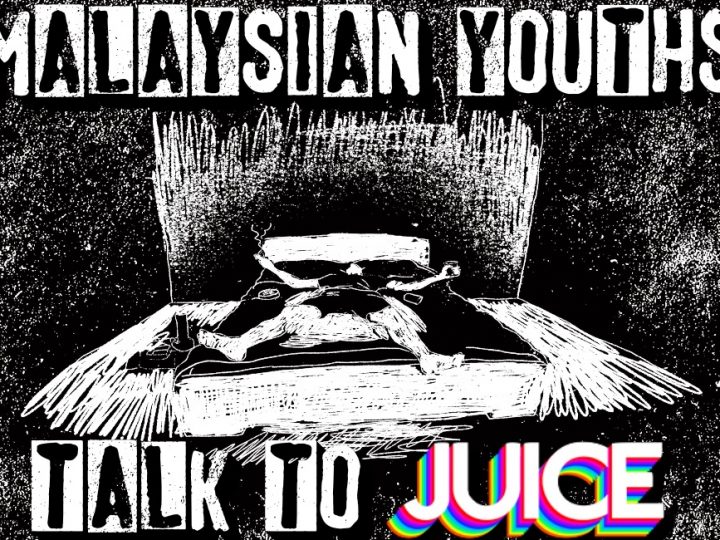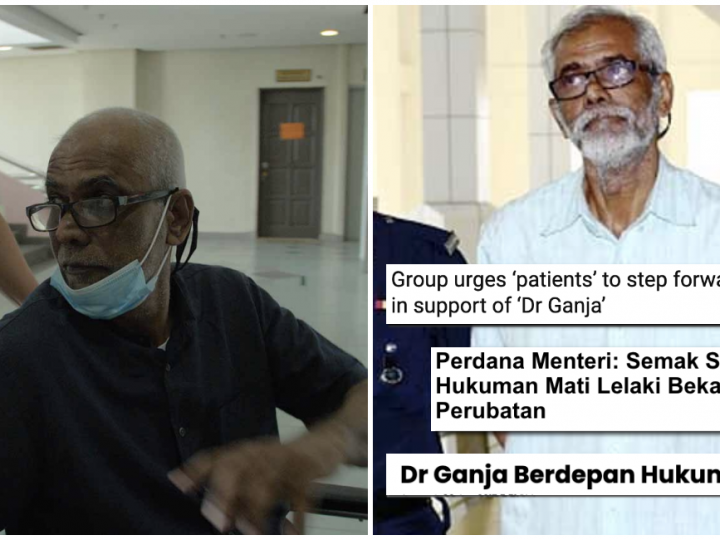UK Study: Psilocybin Compound in Magic Mushrooms ‘Promising’ as Antidepressants
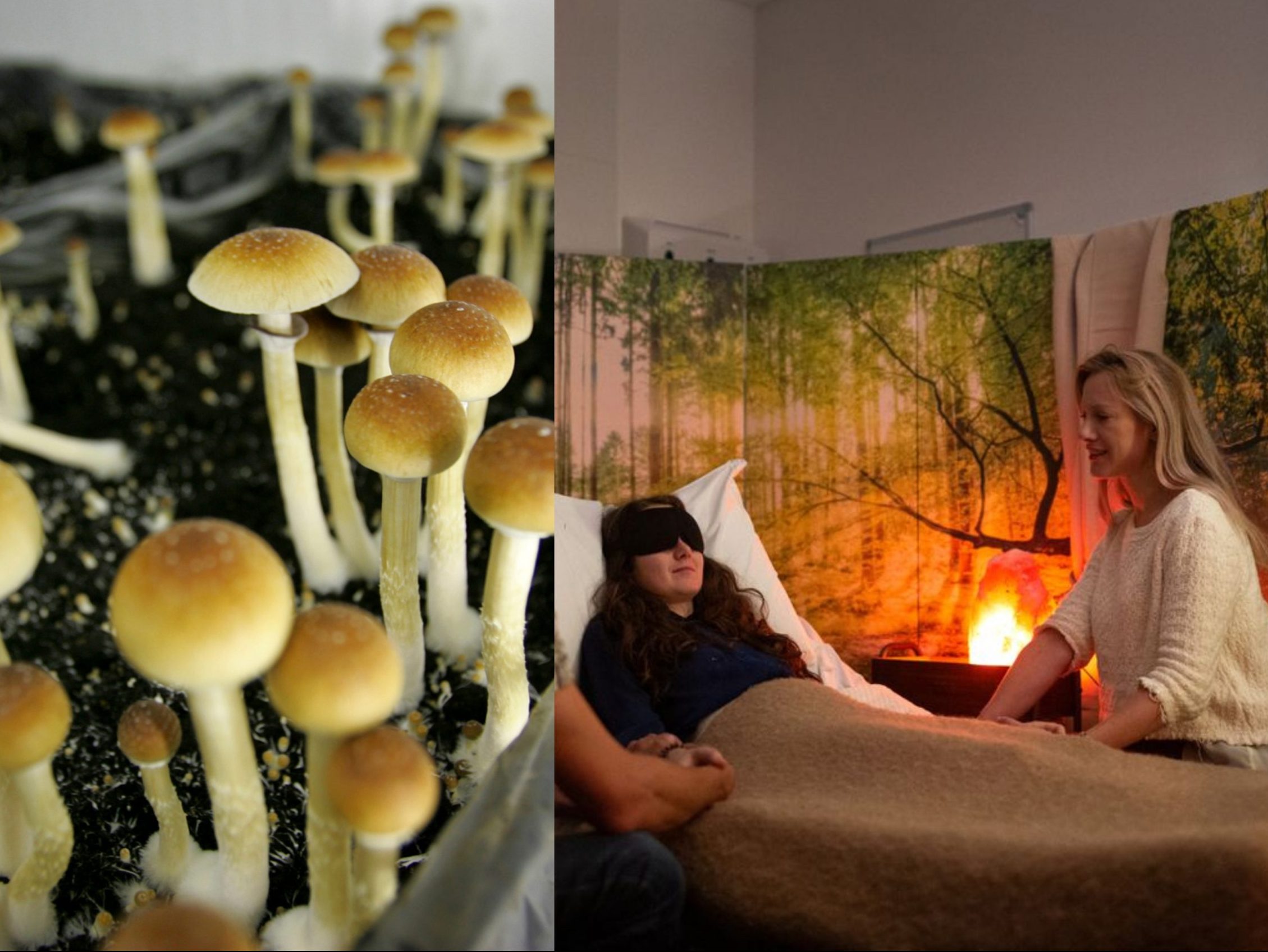 Thirsty for JUICE content? Quench your cravings on our Instagram, TikTok and WhatsApp
Thirsty for JUICE content? Quench your cravings on our Instagram, TikTok and WhatsApp
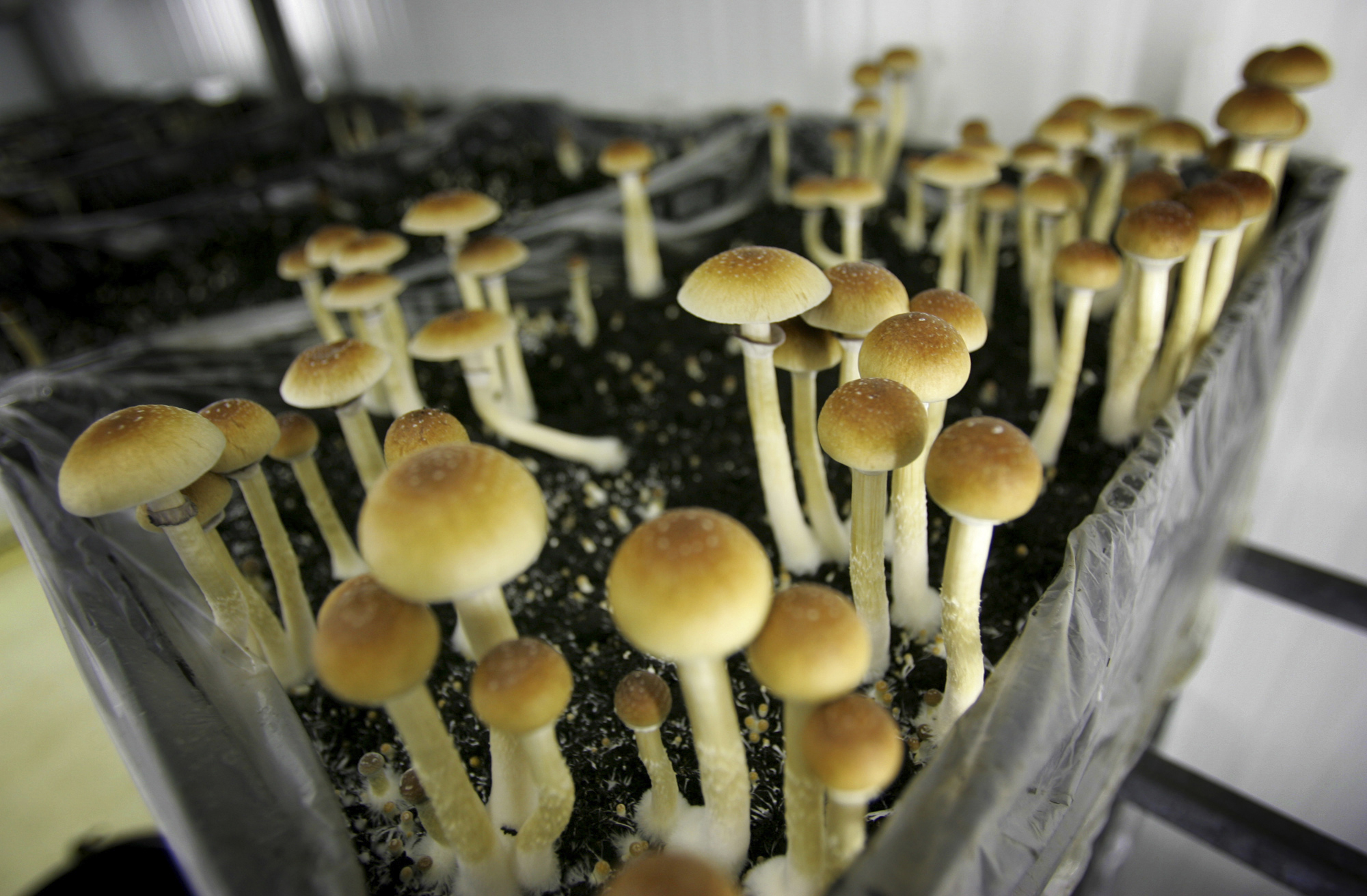
Magic mushrooms have a long and rich history in psychedelic culture. Now, scientists say they could play an important role in the future with their active ingredient, psilocybin, a promising treatment for depression.
According to BBC, the results from the phase two clinical trial has revealed that two doses of psilocybin appear to be as effective as the common antidepressant called escitalopram in treating moderate to severe major depressive disorder – at least when combined with psychological therapy.
“I think it is fair to say that the results signal hope that we may be looking at a promising alternative treatment for depression,” said Dr Robin Carhart-Harris, head of the centre for psychedelic research at Imperial College London and a co-author of the study.
Robin noted that psilocybin was thought to work in a fundamentally different way to escitalopram. While both act on the brain’s serotonin system, he said escitalopram seemed to work by helping people tolerate stress more easily.
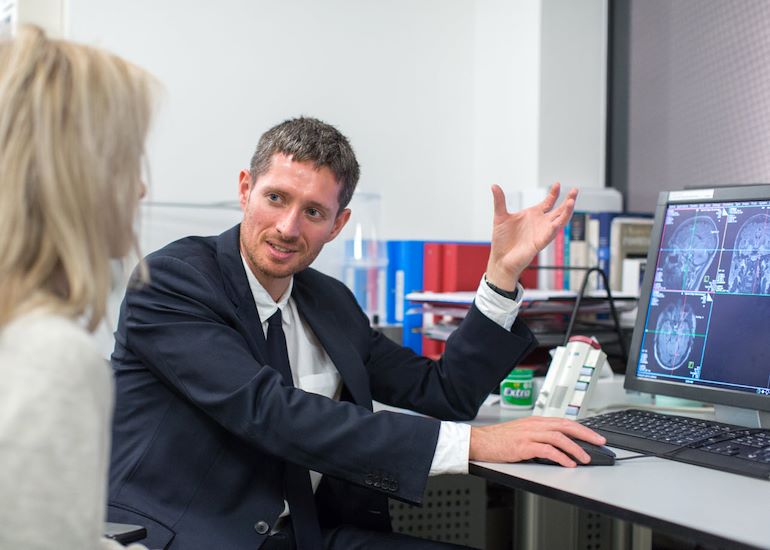
“With a psychedelic it is more about a release of thought and feeling that, when guided with psychotherapy, produces positive outcomes,” he said, adding participants given psilocybin had often reported feeling they had got more fully to the root of why they were depressed.
However, Robin cautioned against seeking out magic mushrooms (reminder: still illegal in Malaysia) – for DIY treatment. On a side note, earlier this month, Malaysian police announced the prevalence of ‘shrooms in the local drug scene and cautioned the public of its use.
The RM5,000,000 trial builds on previous work by the team exploring how psilocybin affects the brain and an earlier clinical trial in which the drug helped alleviate treatment-resistant depression in 12 patients.
The results, published in the New England Journal of Medicine, revealed that after six weeks, participants showed on average, a decrease in the severity of depressive symptoms.
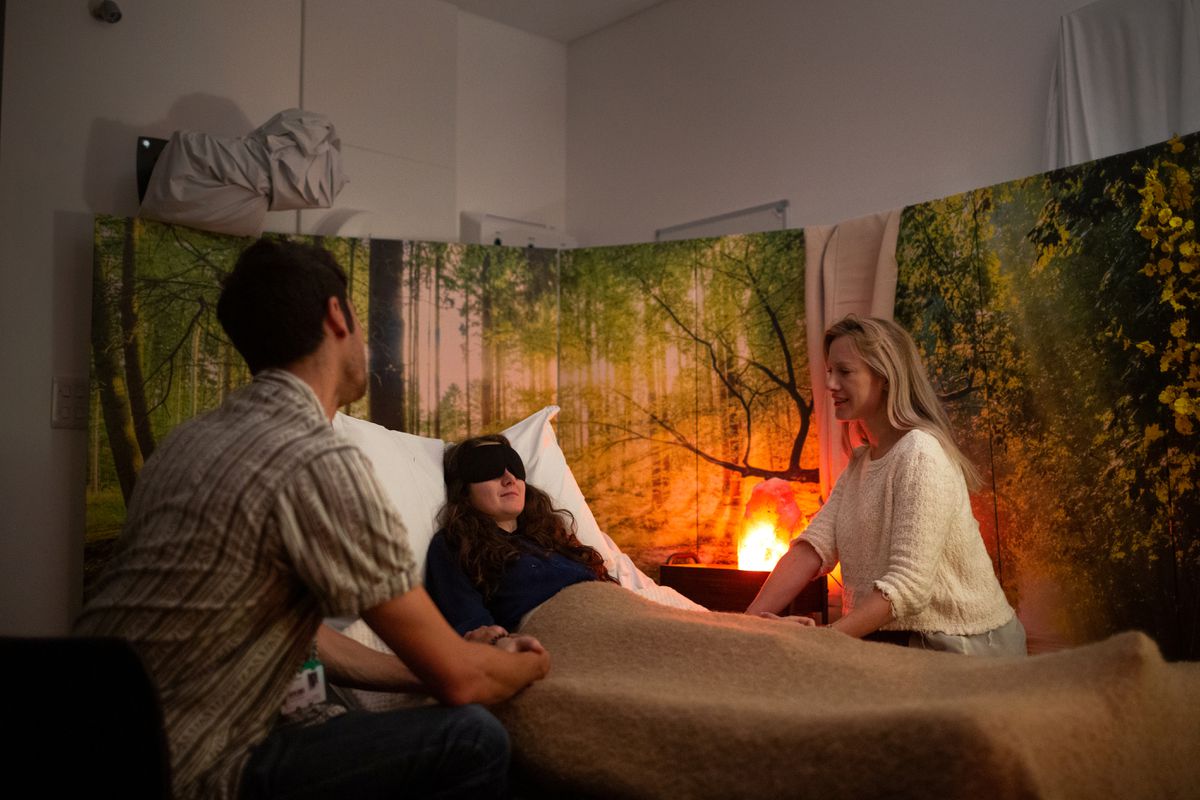
Anthony Cleare, professor of psychopharmacology at King’s College London, said the study provided “some of the most powerful evidence to date that psychedelics may have a role to play in the treatment of depression.”
However, he said far more data was needed before drugs such as psilocybin could be used outside of research, adding they would not replace existing treatments for depression.
Now that you’ve read this, you might be interested to know more about psychedelic culture at large. For that, check out Netflix’s documentary Have a Good Trip (trailer below!).


 Get Audio+
Get Audio+ Hot FM
Hot FM Kool 101
Kool 101 Eight FM
Eight FM Fly FM
Fly FM Molek FM
Molek FM